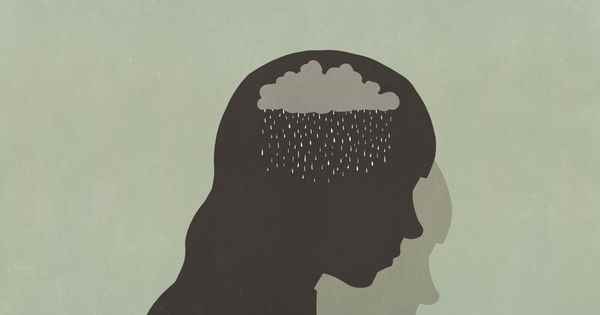Posted ,
Reading 2 mins.
A study conducted by the Toulouse University Hospital reveals the consequences of confinement up to a year later, on physiological health as well as on mental health.
If the confinement from March to May 2020 made it possible to limit the health risk at the start of the circulation of Covid-19, it was not without consequences on physiological health as well as on mental health. It is precisely on these repercussions that a team of researchers from the Toulouse University Hospital has looked and revealed the results today in the International Journal of Environmental research and Public Health.
“Aged 50 to 89, 534 people took part in detailed analyzes of their behavior and their psychological and physiological state.”, explain the researchers. Monitoring of pathologies, medication intake were notably analyzed in detail by telephone questionnaires carried out in the 1st, 6th and 12th month following confinement.
The physiological consequences
As feared, up to a year later, researchers report an increase in sedentary lifestyle, poorer diet and worsening of cardiovascular symptoms in people already at risk.
- 65% of volunteers said they did less physical activity
- 27% gained more than 2 kilos
- 61% reported having a less qualitative diet with “increased consumption of sugary foods, alcohol, fats or carbohydrates, not compensated by an increase in the consumption of fruits and vegetables and dairy products)”. A consequence that researchers believe is due to the abandonment of good resolutions after confinement.
- 12% of those questioned declared an increase in the taking of medication for hypertension, cholesterol or diabetes compared to before confinement.
- 8 people reported an acute cardiovascular disorder such as ischemic heart disease, atherosclerosis in the arteries…
Consult a GP online
The psychological consequences
“Without surprise, write the authorswe found an increase in depressive episodes in people who already had depression and anxiety.” The results obtained on the psychological consequences are in line with another study already published on the subject in Spain. “She was already showing that mental well-being and the way we perceive loneliness are key elements for coping well with confinement.”
- An onset of sleep disturbances has been linked to an increase in depressive episodes
- Isolation in rural areas has also been linked to more cases of depression among those already affected.
- 35% of people interviewed by phone reported signs of depression
- 35% reported signs of anxiety after confinement
“Just as much as the severe forms of Covid-19, the long-term consequences of confinement on mental health and cardiovascular health will have to be taken into account in the subjects most at risk.concludes Professor Jean Ferrières, cardiologist at the Toulouse University Hospital, at the head of this study.
